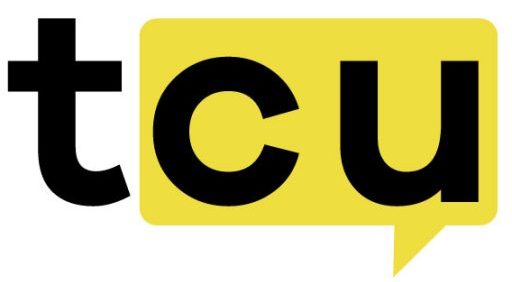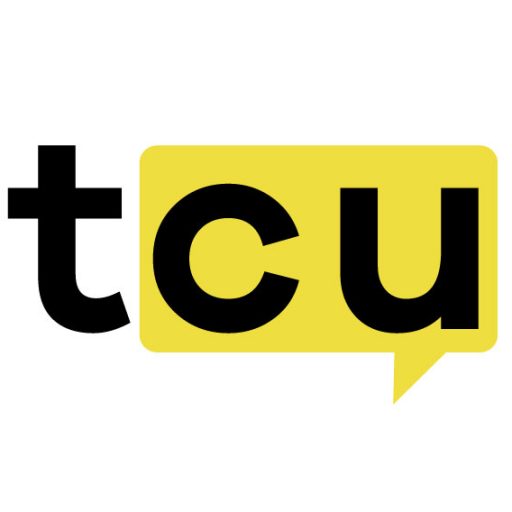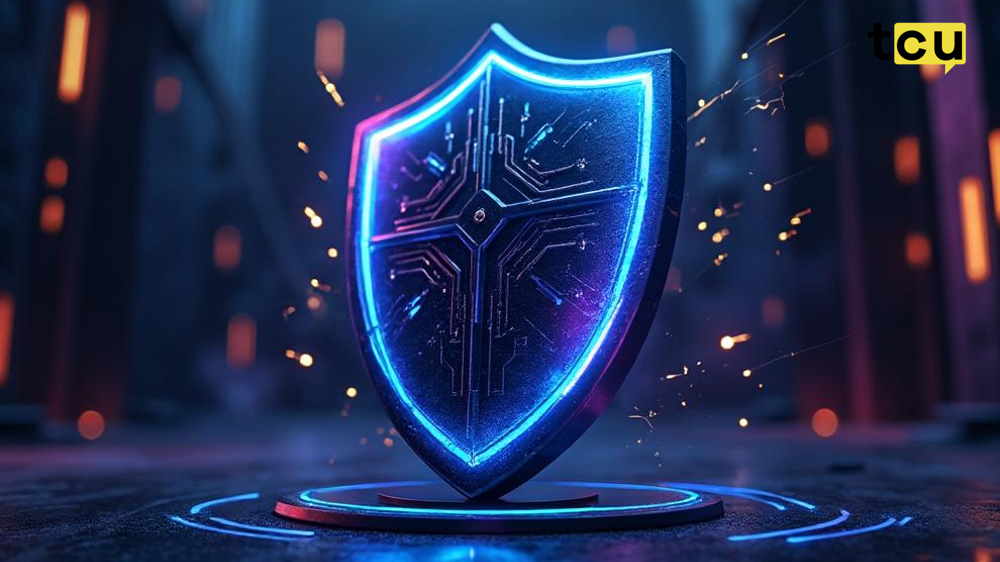Privacy Concerns in the Digital Age
Charles Hoskinson, the founder of Cardano, recently made some interesting comments about why they created Midnight. He was responding to discussions about the European Union potentially moving toward ending online anonymity. It seems like he sees Midnight as a necessary response to what’s happening in the regulatory space.
I think his timing is pretty relevant. There’s been growing concern about digital surveillance and how much control governments might want over online activities. Hoskinson specifically mentioned not letting “the vampires in” – which I take to mean keeping institutions from having too much access to personal information.
What Midnight Actually Does
Midnight is Cardano’s privacy-focused sidechain, and it’s designed to let people do things online while still controlling their personal data. The idea is that you can transact privately but still comply with regulations when you need to. It’s not about hiding everything – it’s about having control over what gets shared.
They call it “selective disclosure,” which means you decide what information to reveal and when. This seems like a practical approach rather than an all-or-nothing stance on privacy. You can imagine situations where you might want to prove something to a regulator without revealing your entire transaction history.
The Development Journey
Midnight has been in development since late 2022, going through various testing phases. They’ve already done some token distribution – the first phase was called Glacier Drop, where eligible users across eight different blockchains could claim NIGHT tokens. That included people from Cardano, Bitcoin, Ethereum, and even XRP Ledger.
Right now, they’re in the second phase called Scavenger Mine. This lets people earn tokens that weren’t claimed in the first round by completing computational tasks. It’s an interesting way to distribute tokens while also testing the network.
Looking Ahead
There’s a Midnight Summit coming up in mid-November, and many people expect we’ll finally see the full roadmap for the mainnet launch. The timing feels right – with all the regulatory discussions happening, having a privacy solution that’s actually ready to launch could be significant.
I wonder how regulators will respond to something like Midnight. On one hand, it gives users control over their data. On the other hand, it might make compliance more complicated for businesses and institutions. But perhaps that’s the point – forcing a conversation about what level of surveillance is actually necessary versus what’s just convenient for authorities.
What’s clear is that Hoskinson sees this as a fundamental issue, not just a technical feature. He’s positioning Midnight as a response to what he perceives as overreach by governments and institutions. Whether that resonates with users remains to be seen, but the timing certainly seems relevant given current discussions about digital rights and privacy.
![]()


